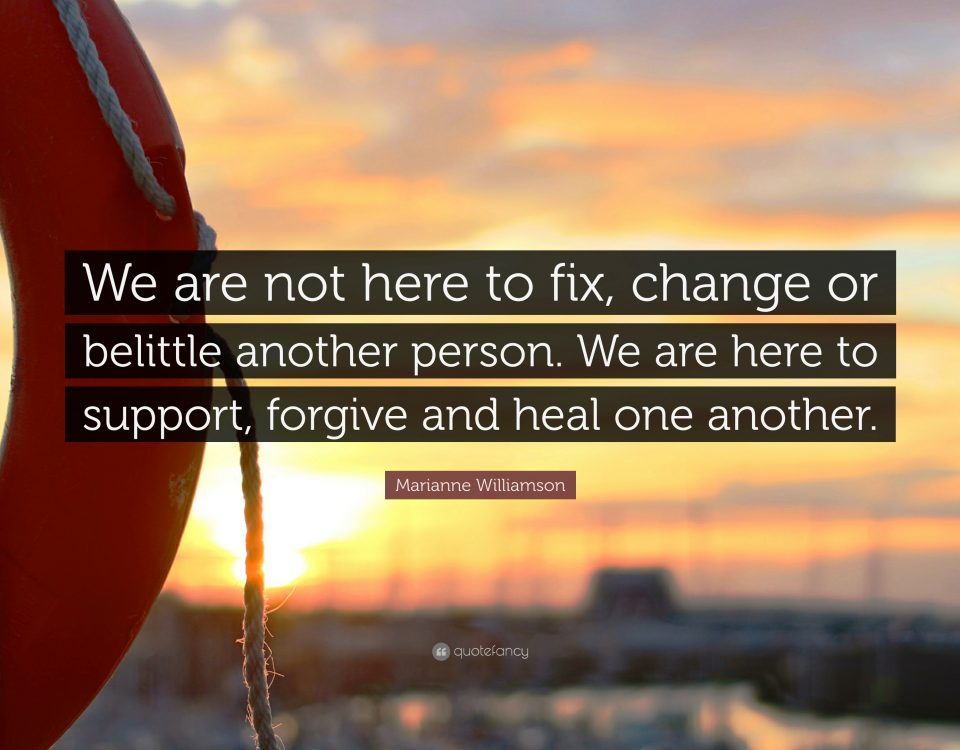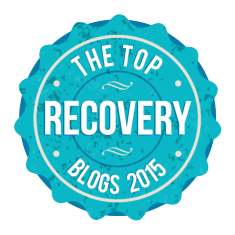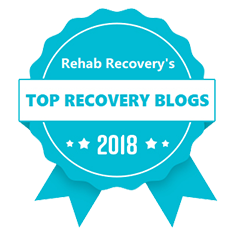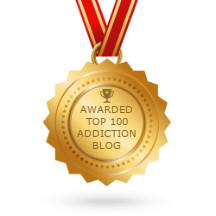I’ve had barely any time to write for “me”. I enrolled in a 7 week grief recovery program (that friend Amy Dresner told me about) to finally finish the healing from my 10 year relationship with my ex-husband. It’s been so therapeutic and great, but also taxing with a lot of emotional upheaval – but this is where the growth is, right?
As much as I want to write about this experience, and I will when I’m finally finished, I am in the process of healing and forgiving. I’ve gotten to a great place of forgiveness for him and even myself – but I wanted to fully heal with a process designed for grief and loss, and it’s giving me so much freedom! So, if you are experiencing any grief from any kind of loss (death, divorce, loss of a home/job) I would recommend this process. Pain is the touchstone for all spiritual growth, and I’m grateful I had the courage to finally move through this – so thank you Universe for showing up for me.
This months’ blog post is an amazing article about Forgiveness! And Integrating a 12 step program into that. As you know I’m very 12 step focused and I accept all modalities for others in getting and staying sober, and this post speaks to that as well. Thank you Samantha from St. John’s Recovery Place – I enjoyed your piece, and I hope my readers will as well!
==========================================================================
The concept of addiction is complex. Although millions of men, women, and children struggle with the disease each year, many more individuals wonder about the legitimacy of the illness and why others would turn to drugs or alcohol in the first place. Life is hard, and many human beings struggle with finding healthy ways to cope with their environments. They may seek comfort in the folds of substance use, only to find that these uses change the chemical structure of their brain to affect the way they think, act, and react to environmental stimuli.
Some would initially use alcohol strictly in social gatherings but slowly began to drink in more frequent intervals, resulting in the conciliation of risky drinking habits that eventually led to abuse disorders and adduction. Those who struggle with prescription medication misuse once began their fall into addiction by simply trying to counteract the effects of physical illness or injury. Still, others may have started using illicit substances to combat mental/emotional pain, etc. The list can go on and on.
Addiction looks different for every person that struggles with the disease. For some, physical ailments manifest promptly; others will challenge the extremes of related mental illness, while other individuals wrestle with the condition for shorter periods in opposition to men and women who combat the issue of abuse for years. The stipulations, mutations, and differences in every persons’ journey are endless. Yet still, those who wrestle with addiction may share many similarities as well.
Guilt is one such similarity that many addicts share; guilt for having put their families through the struggle of addiction with them, guilt for letting themselves go, and even experiencing guilty feelings when seeking out professional treatment for the condition. Many men, women, and children experience guilt when they find they cannot overcome the disease by their authority alone.
The good news is, healing from an alcohol or drug addiction is 100% possible! The more extraordinary news is, there is no place, or reason for, guilt in the process of treatment or sober living. Adults and children alike who have substance abuse disorders struggle with a genuine disease that cultivates and manifests itself over time. No one chooses to be an addict. As a result, one of the most significant recovery goals and concepts for addicts is practicing forgiveness. Addicts/Alcoholics learn to extend forgiveness to those around them who may have aided or pertained to their abuse of substances. They learn to offer forgiveness for those who had stepped away from them in the darkest moments of abuse. And most importantly, learning to forgive themselves as they begin to restructure their mind, emotions, and bodies to live a life without using drugs or alcohol.
The Definition of The 12 Step Recovery Program
Consequently, under no specific terms, forgiveness is a difficult practice to master, especially when an individual is working on forgiving themselves. Yet, as addiction treatment and healing is possible, so is learning how to practice forgiveness. Many addiction therapy treatments seek to cultivate a nature within an individual for healing and forgiveness, but potentially none more so than the 12 step program.
The 12 step recovery program is a series of therapeutic practices melded together to create a ladder-like guideline to healing for addiction treatment clients to follow. Traditional 12 step programs outline a course of action for clients to develop reliable healing methods and practices. These methods will help clients heal mentally, emotionally, physically, and spiritually as they work through the process of righting past wrongs, mending and cultivating new and old relationships alike.
The process initially formed within Alcoholics Anonymous (A.A.) meetings for individuals wrestling with alcohol use disorders to follow as they worked the path of healing towards sustainable sobriety. Yet today, the 12 step recovery method is made functional by various individuals combating various types of substance use disorders. Generally, the 12 steps of this recovery program consist of:
-
Admitting powerlessness and loss of control in the face of addiction.
-
Coming to believe a Higher Power can help in restoring life and overcome addiction.
-
A decision to turn control over their life and addiction to the Higher Power is made.
-
Conduction of personal survey and moral inventory is taken.
-
The individual takes the time to admit to themselves, the higher power, and persons they may have caused harm that they now recognize their wrongs.
-
They are admitting and sincerely readying themselves for the Higher Power to help them overcome their shortcoming and flaws in character.
-
A request is made to the Higher Power for help in amending these shortcomings and flaws.
-
A list of wrongdoings committed against others is made, with imminent mending intentions sincerely cultivated and kept.
-
Contact between clients and those they have wronged is made, if possible, where the client works to acknowledge the wrongs they have committed and makes it known they are interested and willing in making amends of these past mistakes to the other party involved.
-
Continuous self-improvement is pursued in light of both physical and internal bettering. Continuous self-evaluations and tweaks to healing practices are made to further the recovery journey.
-
Enlightenment with the Higher Power continues to be sought after through self-reflection, meditation, and prayer.
-
The 12 step process comes full circle as those in the late stages of healing, working towards sustaining sobriety and mentoring those new to the healing cycle.






